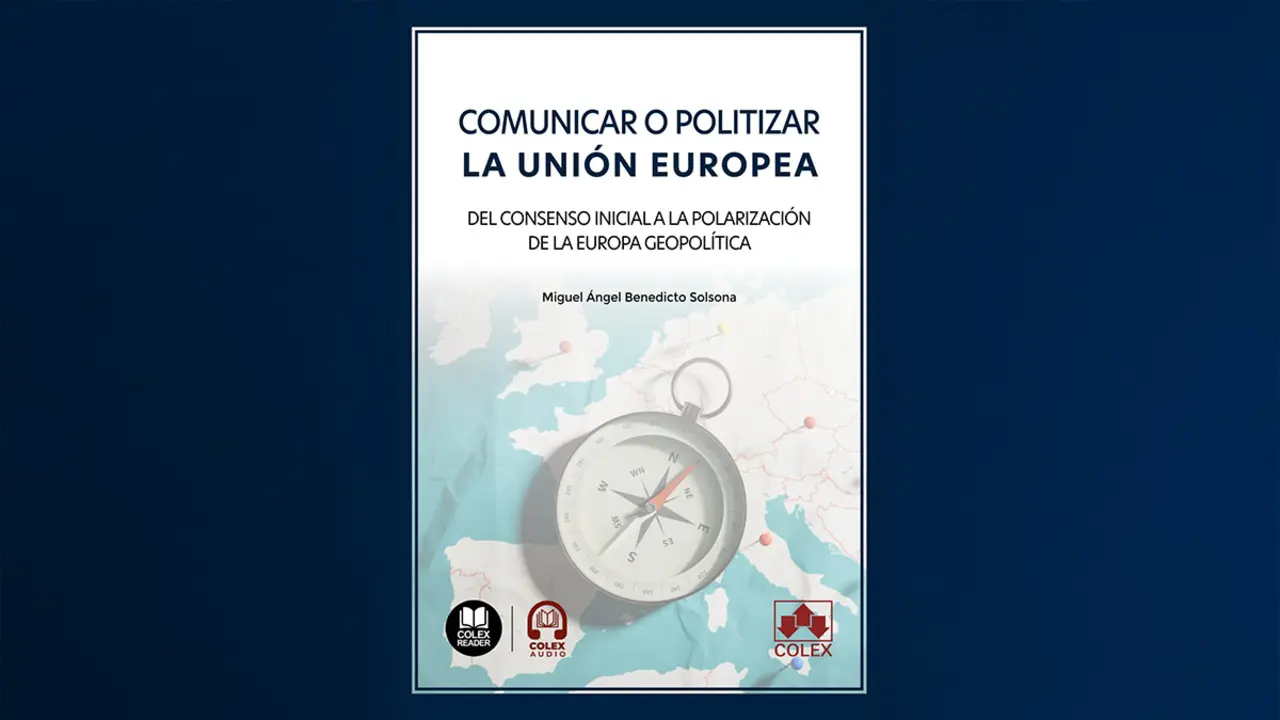La importancia de la exclusión de Ceuta, Melilla y todos los puertos españoles en la reapertura de fronteras de Marruecos

Citizens of Morocco and foreign residents on Moroccan soil, as well as their families, will be able to enter the national territory from July 14, 2020 at midnight by air and sea, according to the Executive of the Maghreb country through the Ministry of Interior, the Ministry of Foreign Affairs, African Cooperation and Moroccans Abroad and the Ministry of Health, as confirmed by the official news agency MAP. In relation to Spain, this is not good news because Ceuta, Melilla and all Spanish ports are excluded from this measure, something that is not aligned with the position of Spain, which decided to reopen borders with 12 non-EU countries (according to the recommendations of the European Union regarding countries that show good data on the coronavirus health crisis) and with Morocco, Algeria and China if there was reciprocity on the part of these three nations. Furthermore, this means that Operation Crossing the Strait, which had already been discarded by the Moroccan authorities in the past, is completely out of the question.
Such correspondence has not taken place as required by the Government of Morocco. The North African country announced the opening of its borders at midnight next July 14, but only partially: it will not open the land border crossings, that is, those of Ceuta and Melilla, and the connections from the Spanish ports are also excluded.
The Alaouite kingdom specified that it will only accept ships arriving from the French port of Sète and the Italian port of Genoa, to the exclusion of any other port. Moreover, the only flights operating with Morocco will be those of national companies. The opening of borders will only be for its nationals or for foreigners residing in Morocco; therefore, for the time being, the country will remain closed to tourism. The national airlines will schedule as many flights as necessary for the success of this operation and passengers will have to present, before boarding, a PCR test of less than 48 hours, as well as a serological test, to prove they are free of coronavirus.

Moroccans residing abroad, as well as foreigners living in Morocco, may leave the territory subsequently, at the end of their stay, by the same air and sea means.
With Morocco's refusal to open up to Ceuta and Melilla and to the Spanish ports, any possibility of Operation Strait Crossing being carried out is also cancelled out. The Moroccan Minister of Foreign Affairs, Nasser Bourita, already announced in June the suspension of Operation Crossing the Straits because of the coronavirus pandemic. This circumstance is far from minor since up to three million Moroccans cross Europe in their vehicles to reach the south of Spain on their way to North Africa to spend the summer holidays with their families. "The operation as it is known will not take place this year," Bourita told Parliament. The minister argued at the time that Moroccan emigrants could return to their country of origin when the borders were open with a special mechanism; this has already been announced for this July 14.
The minister pointed out that Operation Crossing the Strait, which every year enables thousands of Moroccan citizens to spend their summer holidays in their home country, requires preparatory work since April and coordination between several countries and institutions, conditions that have not been met this year due to the health crisis of COVID-19.

An Operation Crossing the Strait had generated controversy with negative reactions from Andalusia, Ceuta and Melilla because of the great health risk of contagion that could be caused by such a flood of citizens concentrated in the same area.
It seems that the intermediation of the Spanish government through its Ministry of Foreign Affairs had no effect and Morocco had left access to its territory rather restricted. All this is very much in line with the rigid measures adopted by the Alaouite kingdom when the coronavirus crisis broke out, closing all the border crossings, ceasing all international flights and strict confinement measures. The Spanish Minister for Foreign Affairs, Arancha Gonzalez Laya, wanted to make it clear that the Spanish government is " tremendously respectful " of Morocco's decisions on its borders in the face of such determination.
The financial and commercial blow is also palpable for the Spanish autonomous cities of Ceuta and Melilla due to the interruption of the flow of entry through that area, and it also means a reduction in the functioning of Spanish ports, which also means a decrease in economic activity in those nodes.








